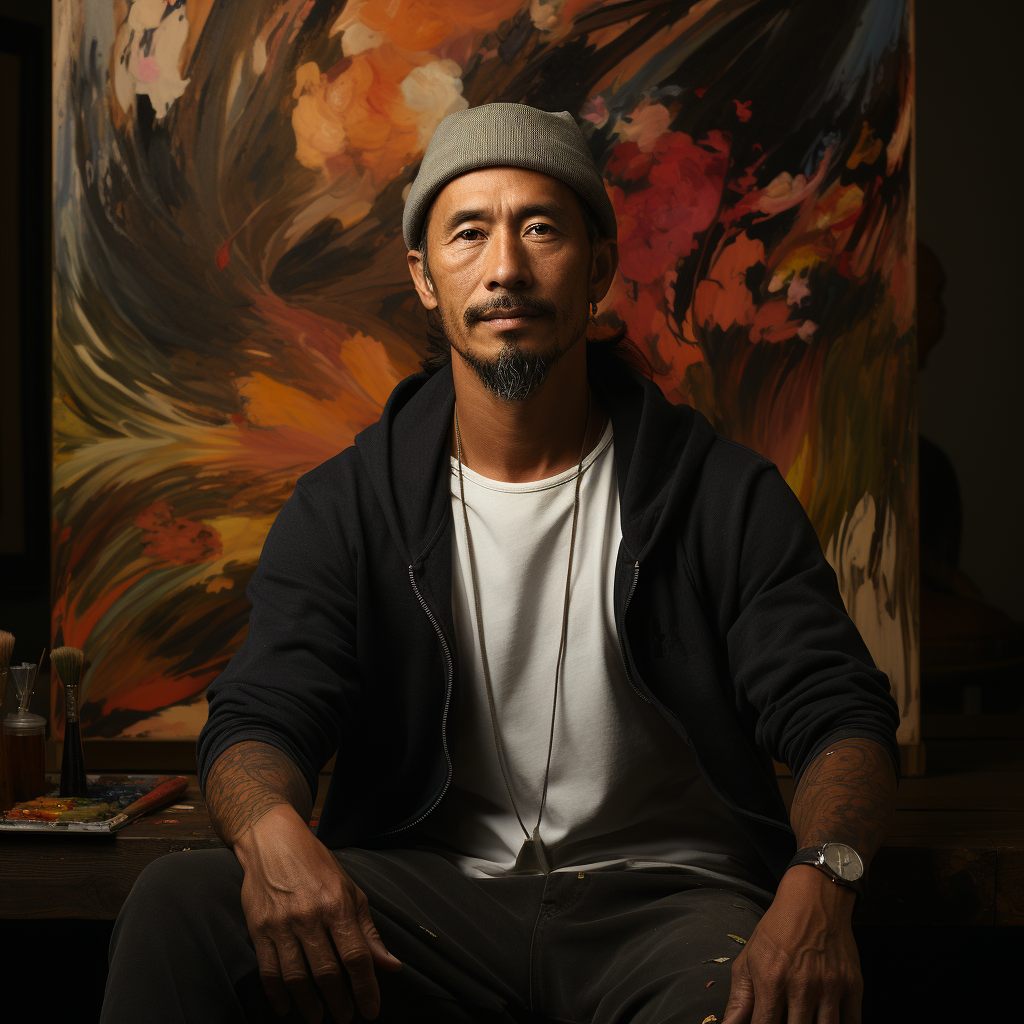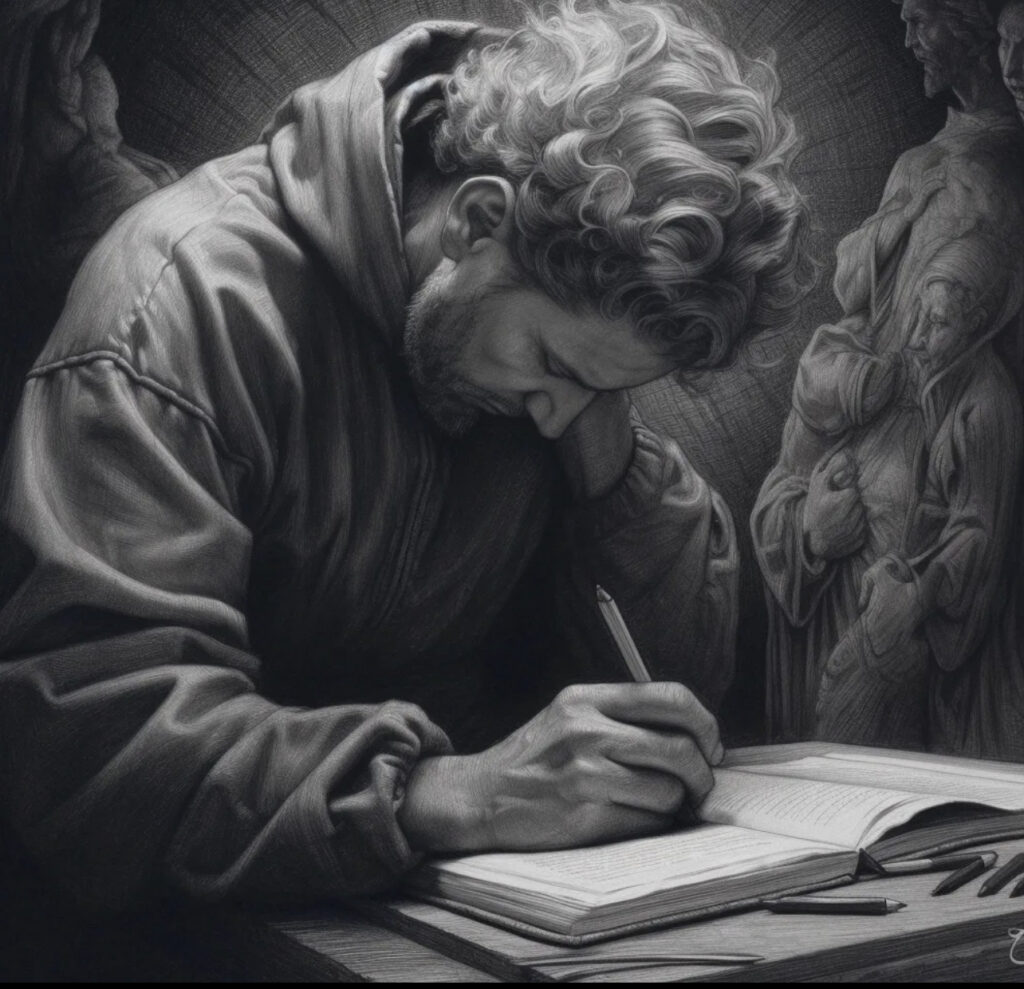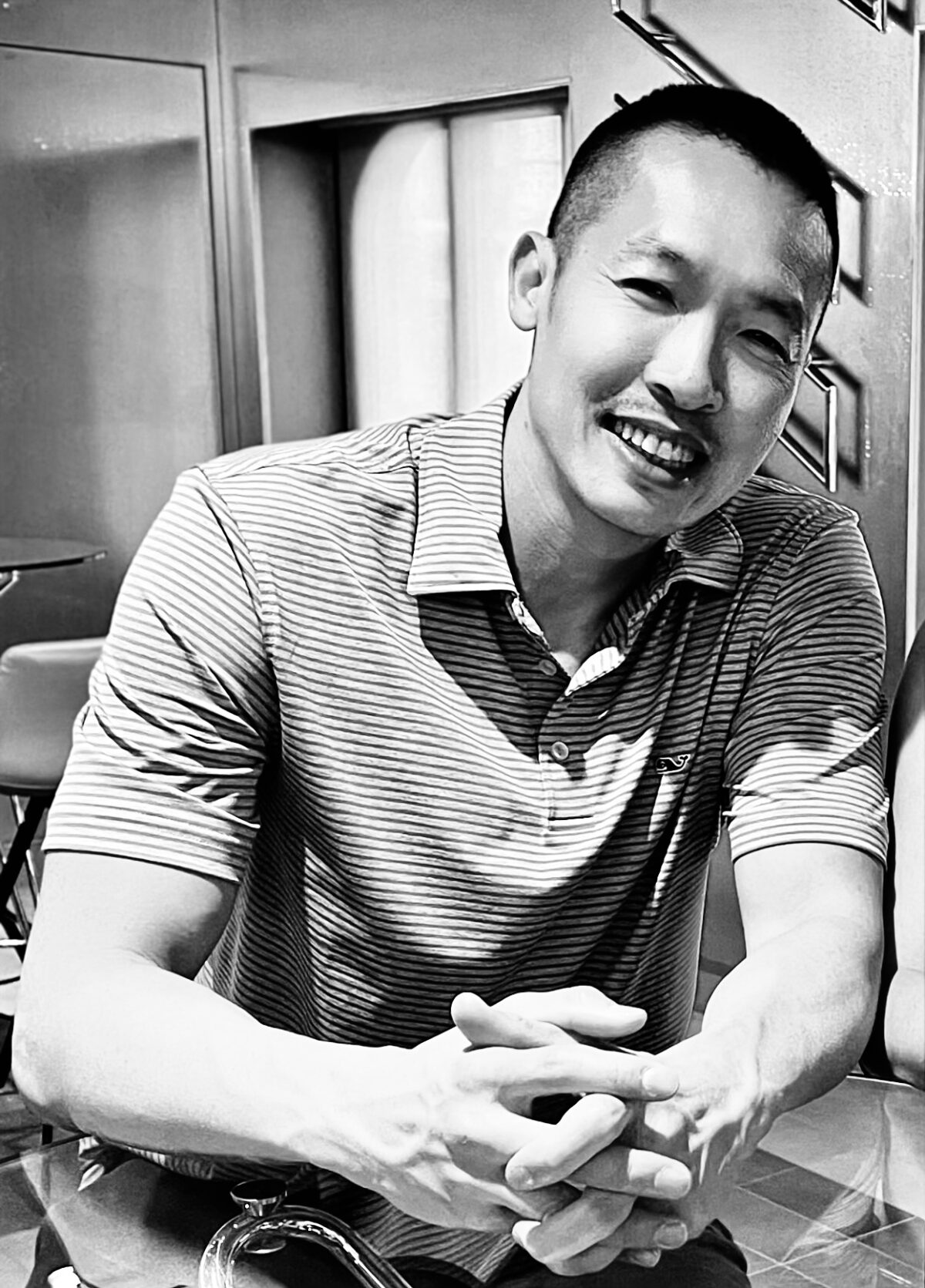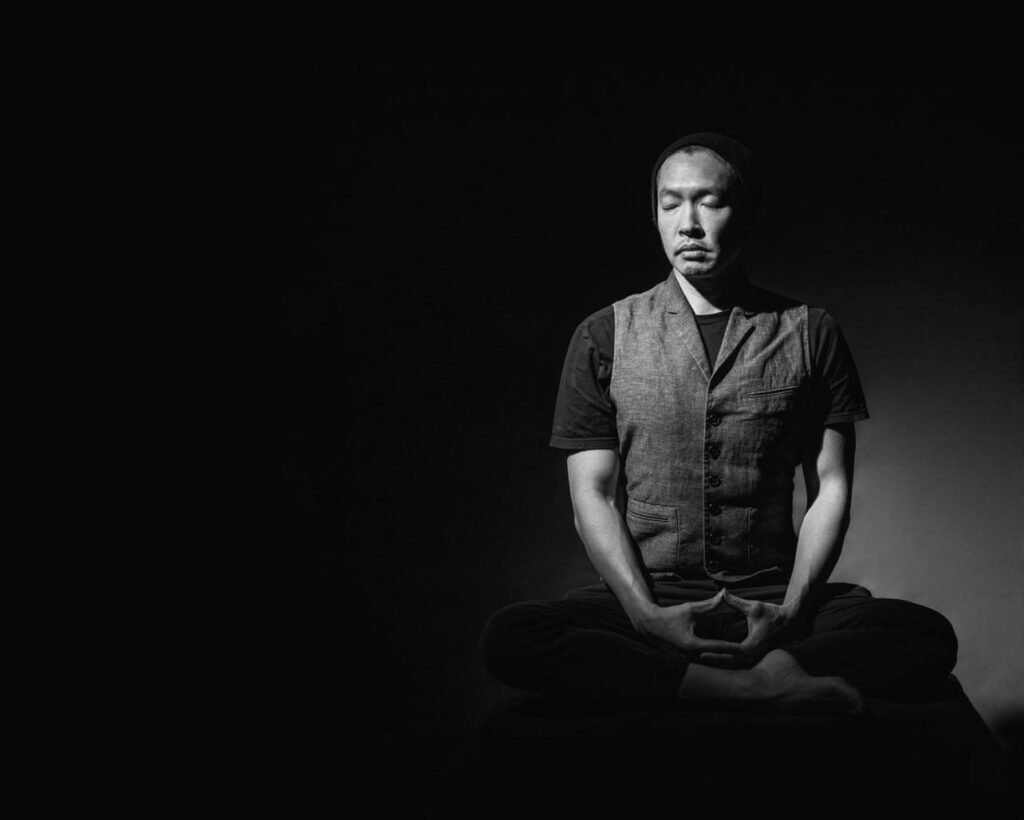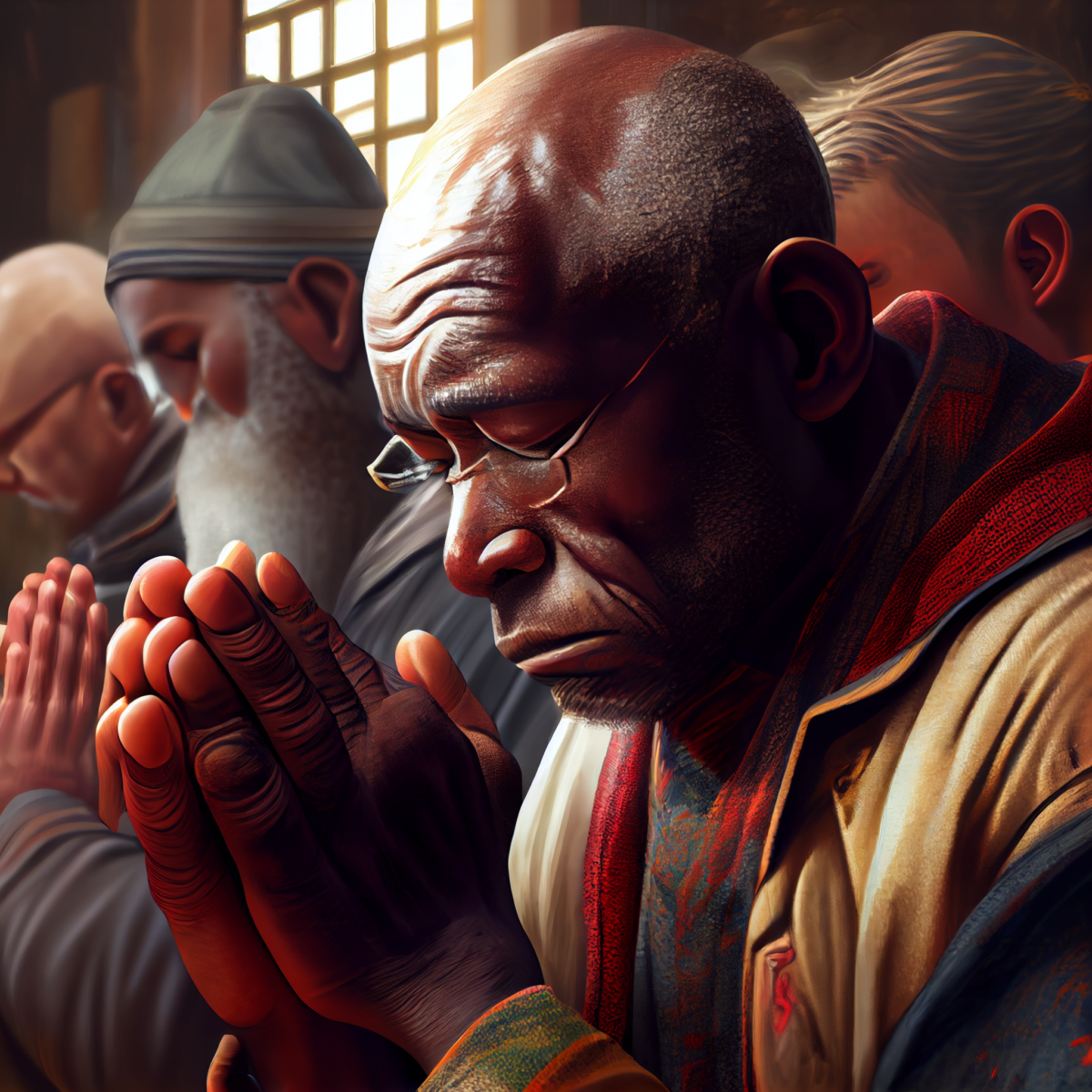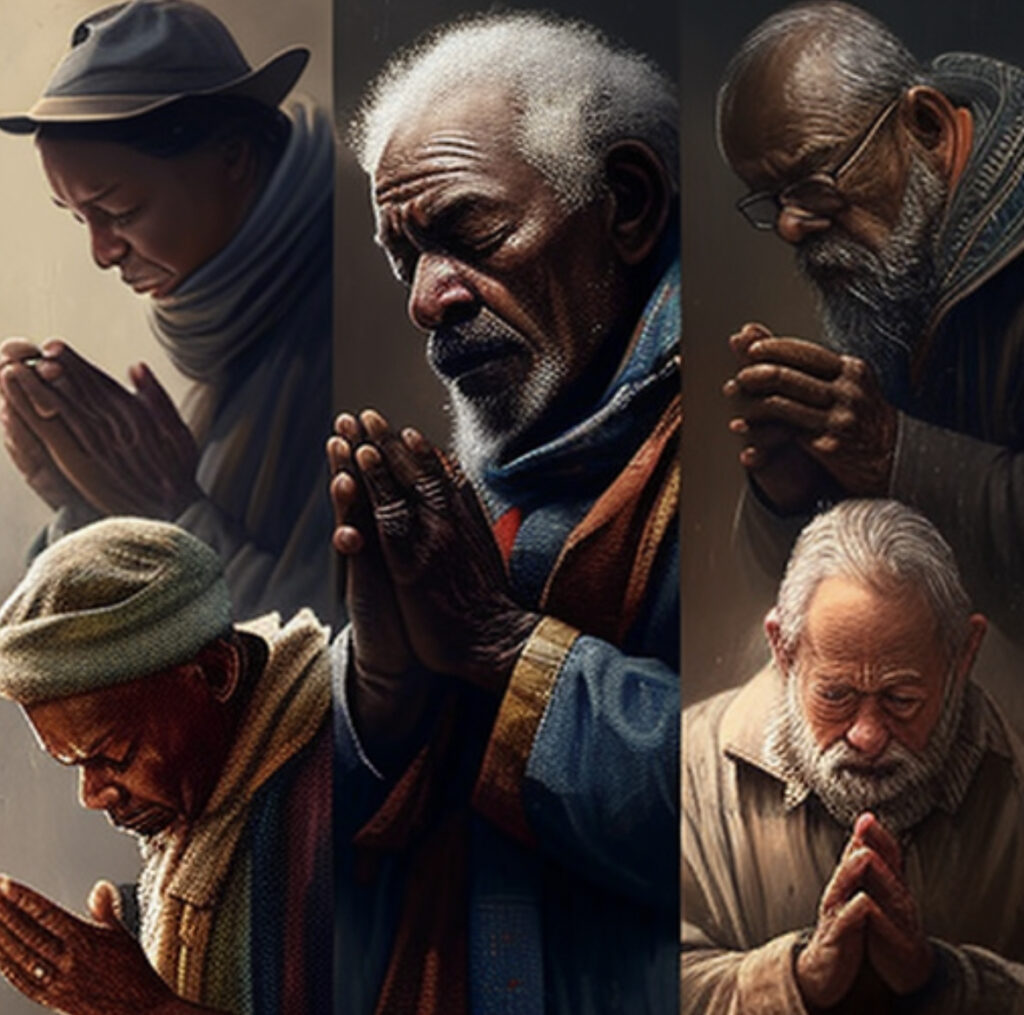In his soon-to-be-released book “Drop the FEAR and Focus on the FAITH”, Di Tran emphasizes the importance of cultivating a fearless mindset rooted in faith. Morning affirmations, as he suggests, can be a pivotal tool in this transformative process. Here, we delve deeper into the why, when, and where of affirmations, inspired by Tran’s teachings.
Why Use Morning Affirmations?
- Strengthen Faith Over Fear: As Di Tran emphasizes, replacing fear-driven thoughts with faith-fueled affirmations can reshape our mental framework.
- Boost Self-Belief: Tran’s teachings focus on the power of self-belief. Positive self-talk fosters this belief, driving us toward our purpose.
- Overcome Daily Doubts: Continuous affirmation reinforces our faith in our journey, helping diminish daily doubts.
- Set a Faith-filled Tone: Aligning with Tran’s message, beginning the day rooted in faith can profoundly impact our actions and experiences.
When to Use Morning Affirmations?
- Upon Rising: Taking a leaf from Tran’s book, start the day with faith by reciting affirmations as you wake.
- During Prayer or Meditation: Incorporate affirmations in your daily spiritual practices for deeper connection and alignment.
- When Faced with Challenges: In moments of doubt, turn to your affirmations as a reminder of your faith-filled journey.
Where to Use Morning Affirmations?
- Sacred Spaces: Whether it’s an altar, meditation corner, or a special nook in your home, this space can be a reminder of your faith-filled journey.
- Journals: Following Tran’s emphasis on introspection, penning down affirmations can deepen their impact.
- Digital Platforms: Using technology, set reminders or alarms with affirmations to instill faith throughout the day.
10-20 Affirmations Inspired by “Drop the FEAR and Focus on the FAITH”
- “Today, I choose faith over fear.”
- “My faith guides me through uncertainty.”
- “Every challenge is a test of my faith, and I am ready.”
- “I am a beacon of light and faith in this world.”
- “Through faith, all things are possible.”
- “I release fears and doubts, embracing faith’s boundless energy.”
- “Today, I walk in faith, knowing I am divinely guided.”
- “My faith is my shield, protecting me from negativity.”
- “With unwavering faith, I move mountains.”
- “I am deserving of blessings, for my faith is strong.”
- “Each moment is an opportunity to strengthen my faith.”
- “My faith is the foundation upon which I build my dreams.”
- “I am surrounded by divine love, reinforcing my faith.”
- “Today, I focus on the miracles faith brings into my life.”
- “Faith leads me, fear leaves me.”
- “With faith by my side, I overcome all obstacles.”
- “I am a vessel of faith, spreading hope and love.”
- “I trust the path faith lays before me.”
- “My faith grows with each passing day, illuminating my journey.”
- “Gratitude fills me, for through faith, I am transformed.”
In the spirit of Di Tran’s teachings, morning affirmations serve as daily reminders to stay rooted in faith, pushing fear aside. These affirmations, derived from his profound insights, can indeed be the cornerstone of a fearless and faith-driven life.

